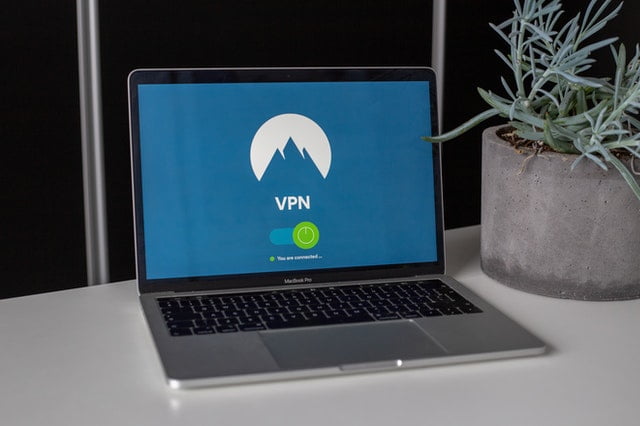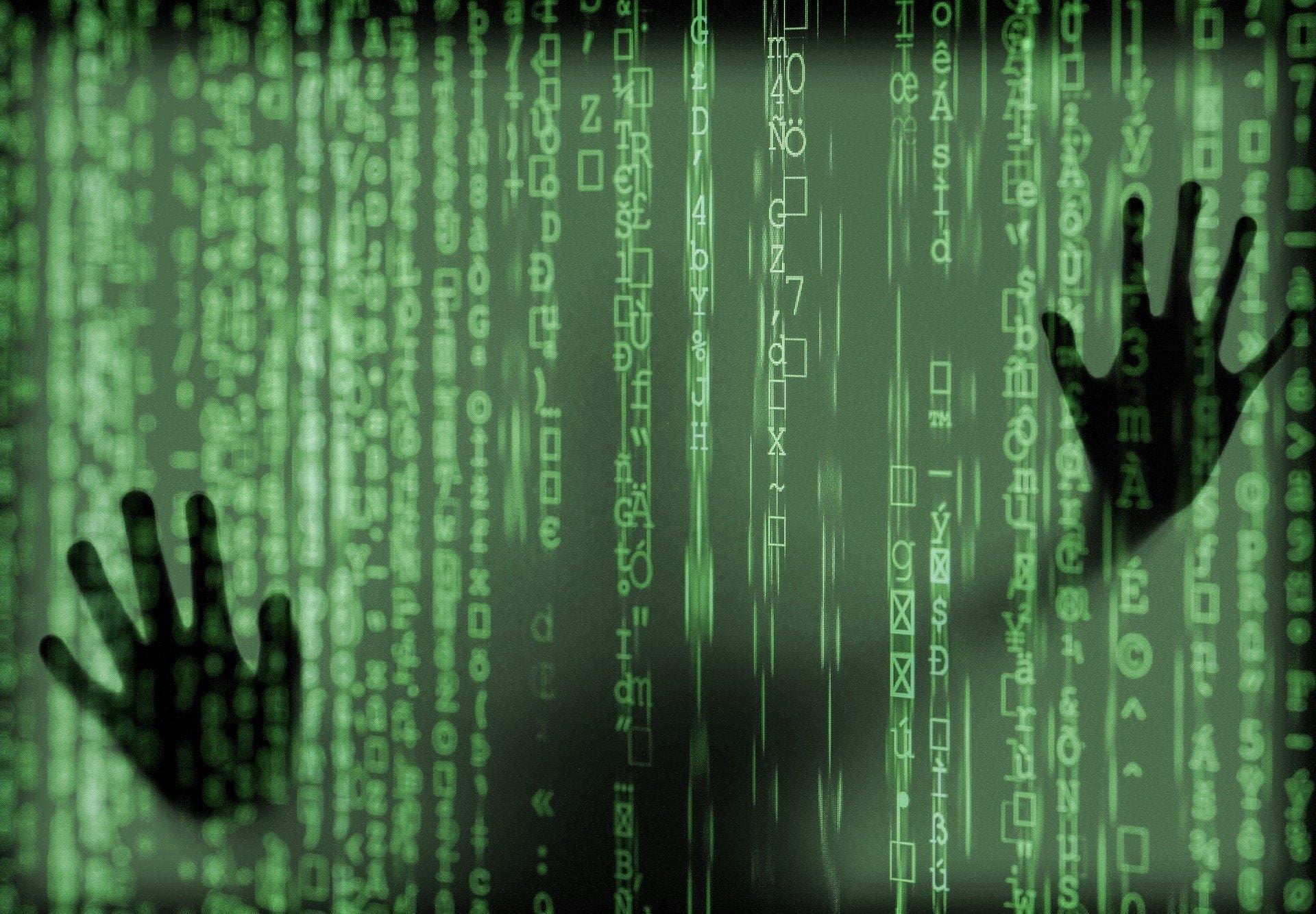Many people say that they don’t care about their online security because they have nothing to hide. But online privacy should be important to you even if you’re not doing anything illegal. Even if you don’t care about protecting your pictures, videos, or online posts, you should worry about your banking information, credit card data, intellectual property, and other sensitive material getting into the wrong hands. Here are a few steps you can take to protect your online privacy:
- Download anti-malware software to stop viruses, spyware, Trojans keyloggers, and stalkerware.
- Raise your computer firewall to shield your network from malicious traffic.
- Invest in a technologically advanced privacy VPN to encrypt your data and hide your IP address.
- Use long passwords that feature uppercase letters, lowercase letters, symbols, and numbers.
- Take advantage of two-step verification.
- Don’t open suspicious emails, links, downloads, and websites.
- Download security updates for your operating system.
In addition to these steps, you must learn about the entities that invade your online privacy, so you can develop defense strategies.
#1 Marketers
Adware is a growing problem on Macs and PCs. It barrages your screen with pop-up ads, spies on your online activity, and may install unwanted toolbars, plugins, extensions, and hijackers on your browser. Marketers and other bad actors use adware to spy on you and make advertising money.
#2 Free VPN Companies
As mentioned above, A VPN is an excellent privacy tool that passes your data through an encryption tunnel and assigns a virtual IP address to cover your actual one. But only use VPNs from reputable companies and avoid free ones. Unfortunately, many free VPN service providers spy on users or log their data for malicious gain.

#3 Trolls
It’s useless to argue with online trolls because they’ll never see your point of view. In addition, they may attack you with spyware, keyloggers, or Trojans to steal your sensitive information and dox you. Doxing is a dangerous practice where bad actors dump your confidential information on the Internet. Some trolls also uncover your IP address to attack you with a false emergency complaint. Again, a VPN subscription can shield your IP address from threat actors.
#4 Hackers
Experts call any group of people that try to breach network security, hackers or cybercriminals. Hackers use malicious websites, emails, text messages, software, and more to attack your privacy. Usually, hackers are motivated by money. For example, they may hack your computer with a rootkit or a Trojan and drop a keylogger to copy your credit card number or the PIN to your bank account. Alternatively, they may steal your sensitive information to impersonate you online and purchase or borrow something.
#5 Stalkers
Stalkers and predators use a sinister type of spyware called stalkerware to track vulnerable people like women and children. They may use the malicious software to spy on their targets, take pictures and videos, or sell media on the Internet.
#6 State-Sponsored Agents
Whistleblowers tell us that governments spy on citizens, activists, journalists, businesses, and political rivals, globally. Fortunately, you can stop some of the most sophisticated malware with the correct measures. For example, the Israeli-made Pegasus spyware has a patch from Apple.
Realistically speaking, all types of people threaten your online privacy. Keep your data secure by staying cautious and using the best anti-malware tools.

